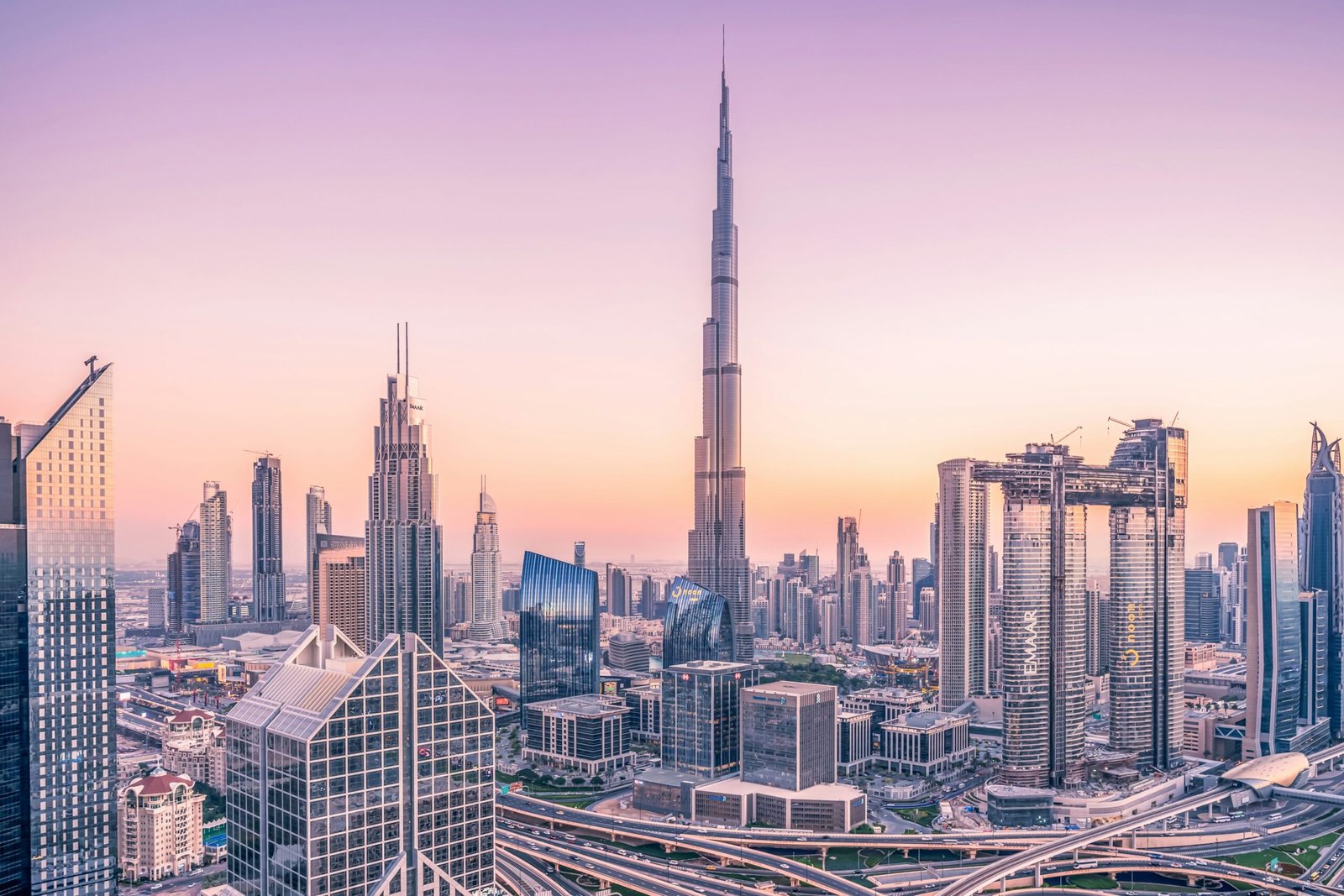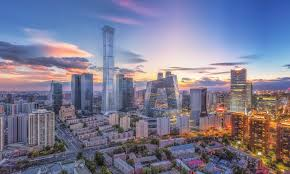
Dubai is one of the most multicultural cities in the world. More than 200 nationalities live and work in this vibrant city in the United Arab Emirates (UAE). With only about 10% of the population being local Emiratis, the remaining 90% are expatriates (expats) from all around the globe.
But how does Dubai manage such a wide mix of people with different languages, beliefs, and customs? The answer lies in smart government policies, strong infrastructure, and a culture of respect and tolerance.
Let’s explore how Dubai handles its diverse multinational population.

Dubai has transformed from a small fishing village in the 1960s to a modern megacity today. Its rapid economic growth, tax-free income, and safe environment have attracted millions of people from South Asia, Europe, Africa, the Americas, and other parts of the Middle East.
As of 2024, Dubai’s population is estimated at over 3.6 million people. Indians, Pakistanis, Bangladeshis, Filipinos, Egyptians, and Britons make up large portions of the population. Yet despite this cultural blend, the city runs smoothly.

The Dubai government plays a major role in keeping peace among its multinational residents. It does this through:
Dubai is known for its low crime rate. This is because of strict laws and a fair legal system. Residents know that breaking the law, including hate speech or disrespecting religions, has serious consequences.
This ensures people from different backgrounds feel safe and respected.
In 2019, the UAE announced the “Year of Tolerance,” showing its commitment to building a peaceful society where everyone is respected. Dubai supports freedom of religion, allowing churches, temples, and mosques to operate openly.
Dubai is also home to the Ministry of Tolerance, a unique government body that promotes coexistence and mutual respect between all people.
Dubai has made progress in improving workers’ rights and simplifying visa rules. The recent introduction of long-term visas, such as the Golden Visa and Green Visa, allows skilled professionals and investors to stay longer and feel more at home.

Dubai’s infrastructure is designed to serve its diverse residents. Whether it’s healthcare, transportation, or housing, the city offers world-class services.
Dubai has hundreds of schools offering various curriculums including British, American, Indian, French, and IB (International Baccalaureate). This allows expat children to study in their preferred language and system.
There are also several universities and colleges offering international degrees.
Dubai provides excellent healthcare facilities that meet global standards. Private and public hospitals offer services in many languages, ensuring no one feels left out.
Health insurance is mandatory for all residents, ensuring access to care regardless of their background.
Most public signs, documents, and announcements are in both Arabic and English. In many cases, other languages like Hindi, Urdu, and Tagalog are also used.
Government service centers often have staff who speak multiple languages, making it easier for expats to get help.
Dubai celebrates diversity not only through policy but also through everyday life. The city hosts cultural festivals, international food fairs, and art exhibitions that showcase traditions from around the world.
For example, the Global Village—a seasonal cultural and shopping event—features pavilions from over 75 countries. Here, people enjoy food, music, and crafts from different cultures, all in one place.
Holidays such as Christmas, Diwali, Eid, and Chinese New Year are widely celebrated, with malls and public spaces decorated accordingly. This makes every community feel included and valued.
Dubai’s business-friendly environment has turned it into a global hub for finance, tourism, real estate, and technology. Foreigners are allowed to own businesses in many free zones without needing a local partner.
Many multinational companies have their regional headquarters in Dubai. This means there are job opportunities for professionals from all sectors and countries. English is the main business language, making communication easier for most.
The city also supports female entrepreneurs and startups from all backgrounds.
Of course, managing such a mixed population isn’t without challenges. Issues like wage gaps, housing affordability, and cultural misunderstandings can arise.
However, the Dubai government continues to take steps to improve conditions. For example:
Dubai’s focus is on progress, inclusion, and innovation.
The success of Dubai’s multinational model can be summed up in a few key points:
By creating a balance between tradition and modernity, control and freedom, Dubai has become a rare example of a truly global city where millions of people from different backgrounds live and work in harmony.
Dubai’s ability to manage its diverse population is not just about smart governance—it’s about vision. The city sees its multicultural population as a strength, not a problem. And that mindset is what sets it apart.
As the world becomes more globalized, other cities may look to Dubai as a model for how to turn diversity into an advantage.
Read More:- Shobha Realty Launches Its Most Luxurious Project Yet—Full Details Inside 2025
